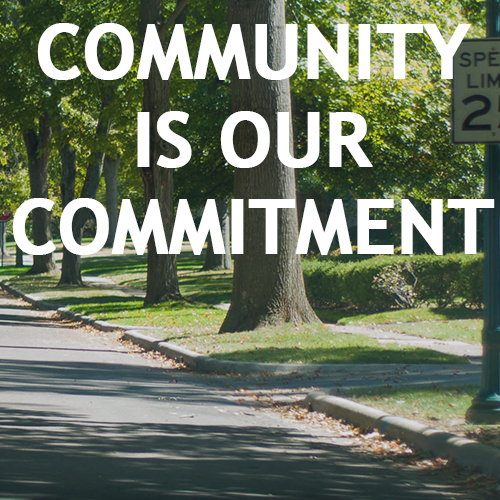NEED CHILD CARE?
FRANCHISE WITH US!
Here at BungalowBranch, we believe everything grows from the foundation of family!
Here are some age-appropriate activities you and your family can engage in together
FAMILY TIP – TAKING ACTION
We all have busy lives and crazy schedules, so actually mark down on your iCal, phone, or old-school calendar, dates and times for YOUR Family Time. This will help you feel like you do not have to rush yourself through that coloring page, that puzzle, that book your little one wants to do with you, which may just make your day all the more stressful when you now have a crying child on top of your stack of work. Remind your child that in one hour, later today or tomorrow, is when you will have your Family Time. This way your child knows he or she is not being forgotten, but that in a short while he or she will be getting your undivided attention with lots of fun ahead for the BOTH of you!
INFANTS
Songs, stories, games, and creative art projects.
Repetition is encouraged to develop an infant’s memory—babies love to repeat actions that make people laugh. Learning to roll over and sit up creates even more choices as babies discover how to move. Simple things become amazing when you are first learning about the world around you. Babies have fun playing with water and learning to smell a flower—which is not as easy as you may think. It’s so much fun when babies begin to join in the conversation with simple words and phrases and respond with an unsolicited wave to say “hi!” and “bye-bye!”
TODDLERS
Toddlers have fun pointing to anything you ‘name’ such as ears, and they love to imitate your actions.
Children at this stage begin to demonstrate independence to determine their limits as well as when and how to play. You will often find the providers in our Toddler Program on the other end of a play phone answering questions such as “Why?” Children enjoy using their imagination—pouring from one cup to another and manipulating play dough. They start to solve simple puzzles, hold crayons in their hands, hum and sing as they play, join activities without prompting and begin to understand the concepts of sharing and waiting their turn.
PRESCHOOLER & PRE-K
Children have already begun to communicate in short sentences and demonstrate their personal understanding of the world while playing. They multitask by singing and performing the motions to a song and can converse while they paint.
Preschoolers at this stage also begin to ‘work’ while playing. They explore roles, feelings and ideas in an uninhibited environment. Encourage children to practice various emotions so they can begin to determine how they fit into their personality. Preschoolers start to develop a large vocabulary and understand the intonations of language; enjoying small and large group activities.
Four-year-old children have learned to connect the spoken word to written language and can orally retell a favorite story. They love learning about cause and effect and can already easily identify colors, shapes, sizes, and weights.
Children at this stage can play a role or game for long periods of time until they have exhausted their curiosity. Engage fun activities that introduce and help develop their recognition of concepts such as their understanding of water—floating, sinking, absorbing, and dissolving. Planning fun activities such as these encourage children to recognize how objects and people are the same and different simultaneously.





